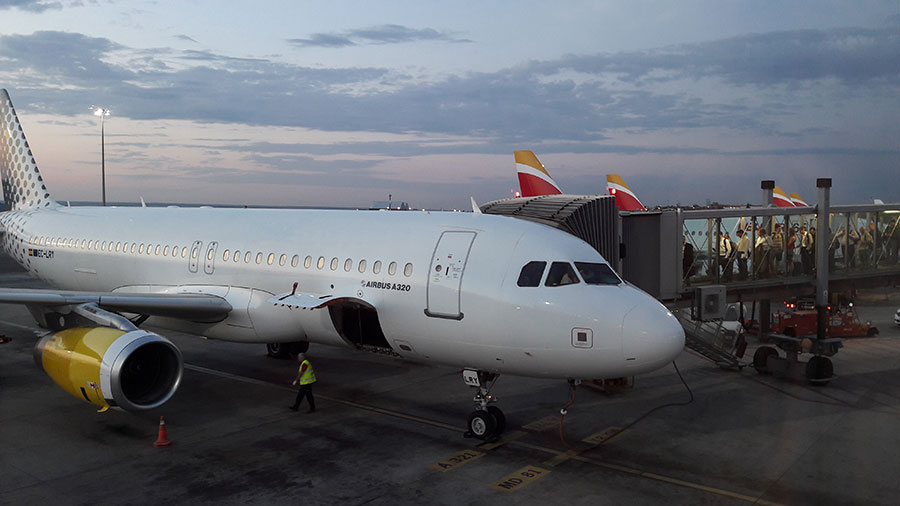International Air Transportation: Interruptible or Non-interruptible Time Limit?

For any action for damages arising from international air transportation governed by the Montreal Convention of 1999, the Convention establishes the limitation period of 2 years in its article 35 “reckoned from the date of arrival at the destination, or from the date which the aircraft ought to have arrived, or from the date on which the carriage stopped”. Yet, unlike the Warsaw Convention, which also establishes the limitation period of 2 years in its article 29 and classifies it as a non-interruptible time bar (in its Spanish version), the Montreal Convention does not specify this condition and, therefore, a debate on the nature of the time limit for actions is inevitable.
So far, the Spanish Courts have not been able to agree on a norm regarding this matter, which only perpetuates more than a significant situation of legal insecurity, taking into account the practical relevance of the aforementioned debate in the execution of potential claims.
In its recent judgment of December 23rd 2016, the Provincial Court of Madrid (Section 28th) advocates for the perspective of non-interruptibility, and it does so departing essentially from the conclusion that the Montreal Convention is a sort of rework of the international air transport regulation whose intention is, rather than to break with the rules provided for in the Warsaw Convention, to expand it. For this reason, given the fact that the Warsaw Convention establishes a time limit regarded as “non-interruptible” (unlike the Spanish version, the English version of the article 29 does not mention explicitly the condition of “non-interruptibility”), the time limit included in the article 35 of the Montreal Convention must be therefore understood in the same way, particularly when the English versions of the articles – 35 of the Montreal Convention and 29 of the Warsaw Convention – are identical.
The fact is, however, that the non-interruptibility condition of the time limit determined by the article 29 of the Warsaw Convention turns out not to be a peaceful outcome either. For instance, the Provincial Court of Bizkaia (Section 4th) in its judgment of May 5th 2014 adheres to the beneficial theory of interruptibility having in mind that the Supreme Court itself previously considered that the time limit provided for in the article 29 of the Warsaw Convention was subject to suspension and therefore subject to the statute of limitations, despite the explicit mentioning of the “non-interruptibility” in the Spanish version (Judgment of December 17th 1990). Mainly for this reason, the Provincial Court of Bizkaia perceives the subjection of the time limitation of 2 years provided for in the article 35 of the Montreal Convention to non-interruptibility unjustifiable.
The aforementioned two examples only represent the most recent judgments that take a stand on the emerged debate and that make evident the diversity of the criterion thereupon. In any case, we need to take into account that the Air Navigation Act provides for a time limit of statute of limitation of 6 month applicable to the domestic flights, an aspect that in practice and in case of doubt may tip the balance in favour of the views inclined toward the statute of limitations. Meanwhile, precaution binds to consider the time limit established by the article 35 of the Montreal Convention as a time limit subjected to the norm of non-interruptibility.